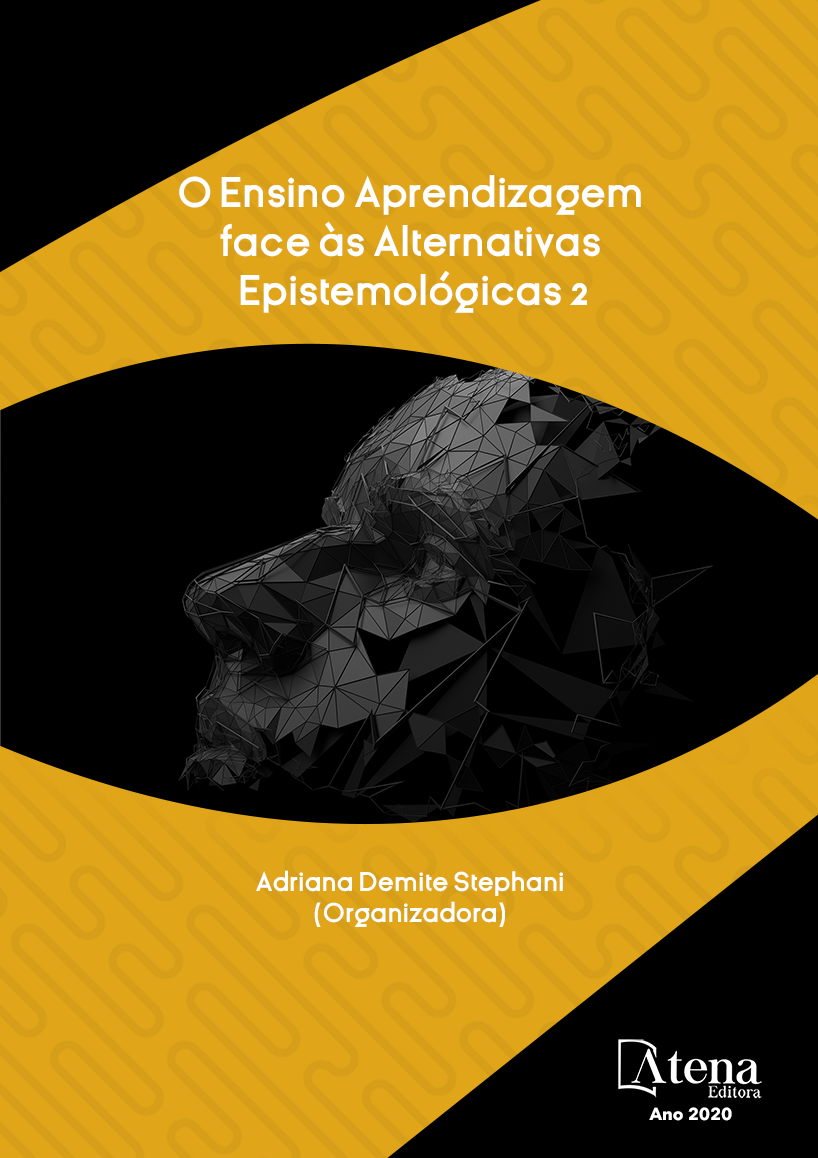
PROJETO “SABÃO ECOLÓGICO” - UM MÉTODO EDUCACIONAL PARA RECICLAGEM DO ÓLEO DE COZINHA NO IF SUDESTE MG, CAMPUS SÃO JOÃO DEL-REI
O grande aumento populacional
e a industrialização têm contribuído para a
geração de resíduos nas atividades de origem
doméstica e industrial. Os óleos de cozinha
usados são gerados diariamente em grande
quantidade em residências e principalmente
em comércios. Um litro de óleo que vai para
o corpo hídrico é capaz de contaminar cerca
de 20 mil de litros de água. Dessa forma, se
faz necessário realizar métodos alternativos
de reciclagem e coleta seletiva, que resultam
em uma prática sustentável, diminuindo os
prejuízos ao meio ambiente. Neste contexto,
a aplicação do Projeto “Sabão Ecológico” teve
como objetivo conscientizar os alunos e a
comunidade sobre a necessidade de reutilizar o
óleo de cozinha como alternativa para amenizar
os impactos causados por este. A metodologia
foi dividida em três etapas, sendo a primeira
de caráter teórico, a segunda a realização da
prática e a terceira o dia do evento. As aulas
teóricas e práticas aconteceram no laboratório
de química do Instituto Federal. Após a
aplicação do projeto, identificamos claramente
a importância dentro do ensino de química, das
atividades que envolvem a questão ambiental.
Este projeto atuou de maneira positiva no que
se refere ao desenvolvimento de pensamento
consciente sobre questões ambientais tanto
entre os alunos como na comunidade.
PROJETO “SABÃO ECOLÓGICO” - UM MÉTODO EDUCACIONAL PARA RECICLAGEM DO ÓLEO DE COZINHA NO IF SUDESTE MG, CAMPUS SÃO JOÃO DEL-REI
-
DOI: 10.22533/at.ed.54720230123
-
Palavras-chave: Óleo, ambiental, química, sabão ecológico.
-
Keywords: Oil, environmental, chemistry, ecological soap.
-
Abstract:
The large population increase
and industrialization have contributed to the
generation of waste in domestic and industrial
activities. Used cooking oils are generated daily
in large quantities in homes and especially in
businesses. One liter of oil that goes into the
water body is capable of contaminating about
20,000 liters of water. Thus, it is necessary
to perform alternative methods of recycling
and selective collection, which result in a
sustainable practice, reducing the damage to
the environment. In this context, the application
of the “Ecological Soap” Project aimed to make
students and the community aware of the need to reuse cooking oil as an alternative
to mitigate the impacts caused by it. The methodology was divided into three stages,
the first being theoretical, the second the practice and the third the day of the event.
The theoretical and practical classes took place in the chemistry laboratory of the
Federal Institute. After applying the project, we clearly identified the importance within
the chemistry teaching of activities that involve the environmental issue. This project
acted positively on the development of conscious thinking on environmental issues
both among students and in the community.
-
Número de páginas: 9
- Raíra da Cunha
- Viviane Vasques da Silva Guilarduci
- Ana Cláudia dos Santos


